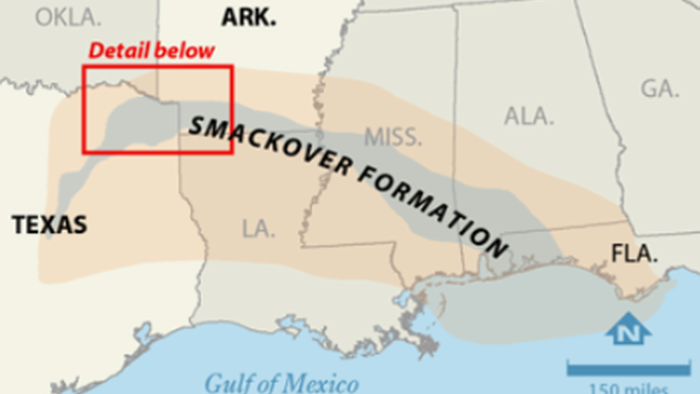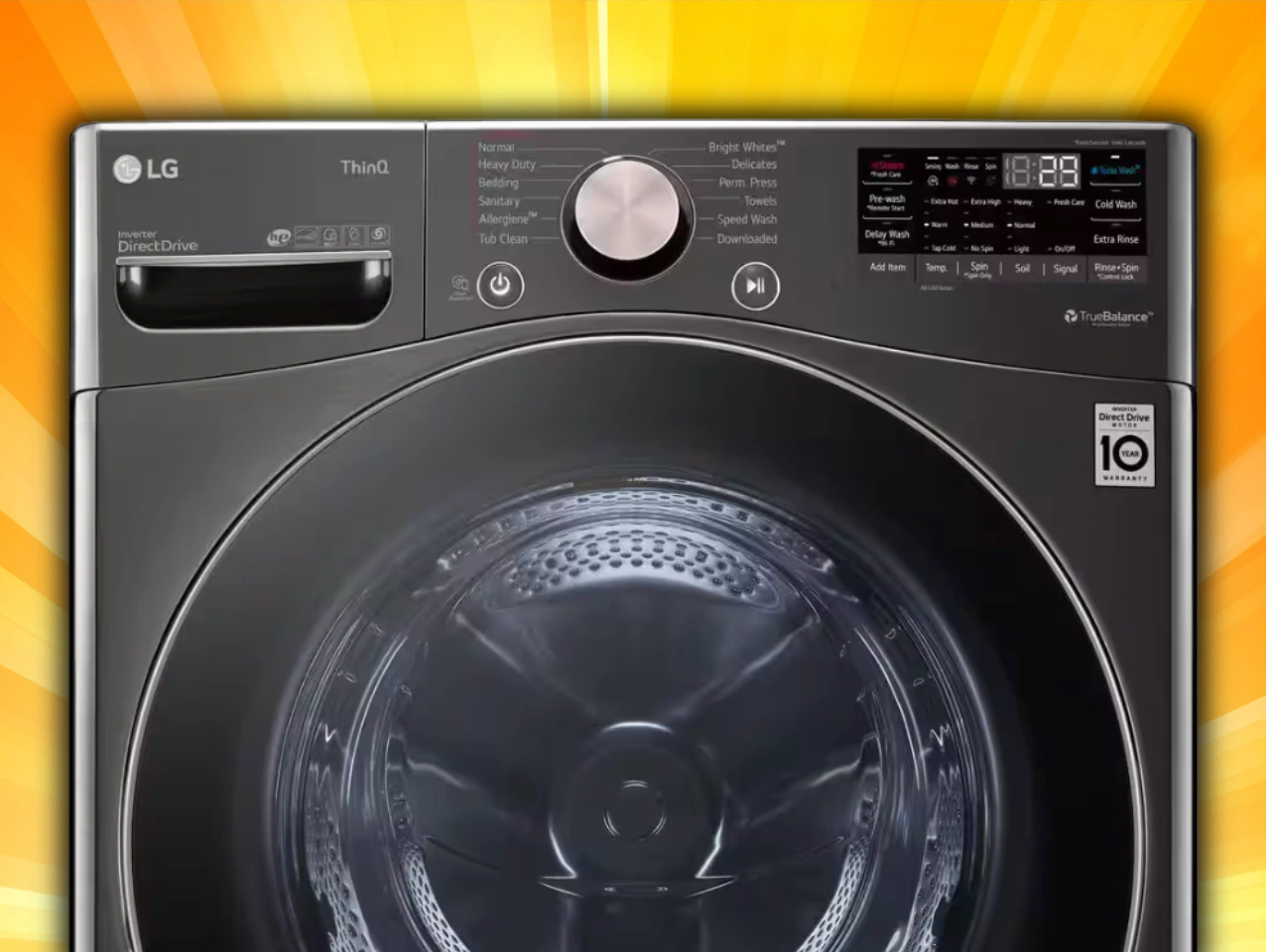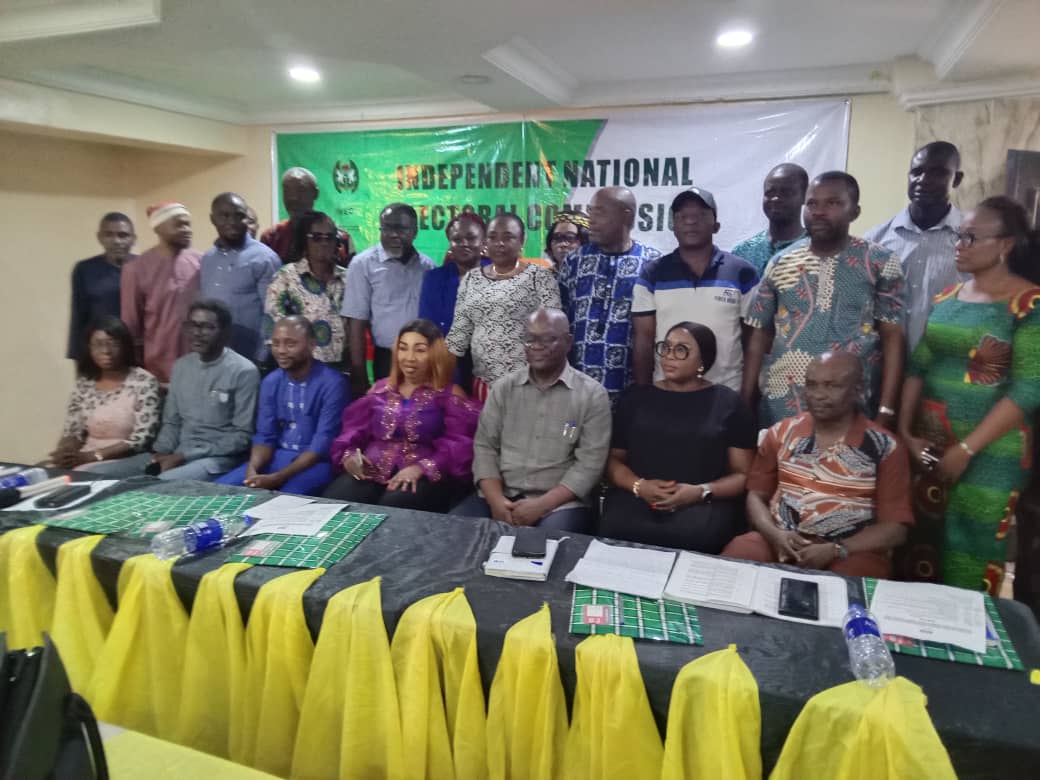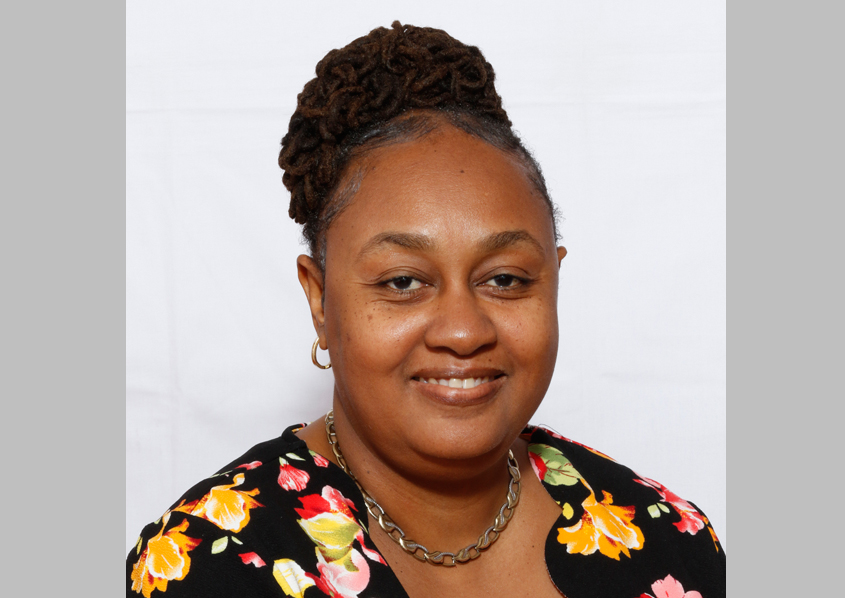Copyright trinidadexpress
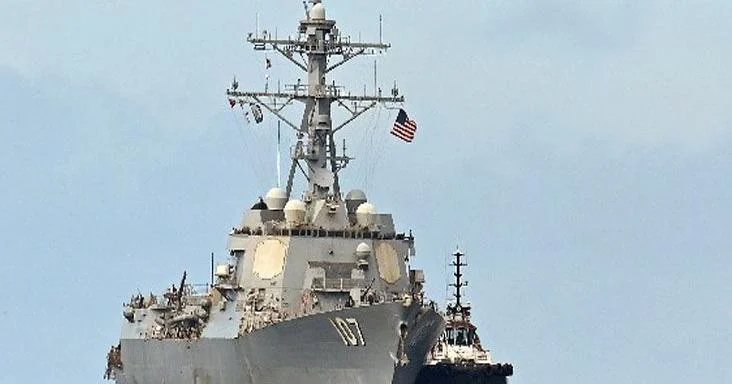
THE early-morning arrival of United States Navy guided-missile destroyer, USS Gravely (DDG 107), at the Port of Port of Spain yesterday stirred public curiosity—and concern—as citizens questioned the purpose of the visit amid growing geopolitical unease in the southern Caribbean. At around 9 a.m., the 155-metre Arleigh Burke-class destroyer was first observed off the capital’s waterfront near the Hyatt Regency hotel. By 9.20 a.m., two tugboats could be seen guiding the vessel toward the harbour, while a Trinidad and Tobago Coast Guard vessel was also seen nearby. At approximately 9.30 a.m., the Gravely started berthing with its bow facing away from the waterfront as it manoeuvred into position. Security officers and plainclothes police officers were also visible. The Express understands that after the ship was docked, its commanding officers met with members of the Trinidad and Tobago Defence Force (TTDF) and the Trinidad and Tobago Police Service (TTPS). Sources familiar with the engagement said the USS Gravely’s contingent included roughly 60 naval officers—described as the equivalent of two platoons—consisting of special forces, medics, signallers, infantry soldiers, and engineers. Citizens watch and worry The ship’s arrival attracted dozens of spectators along the Port of Spain waterfront and the Hyatt’s upper-level deck. Some described it as a rare opportunity to witness a major US naval asset up close. Others viewed it as an unsettling signal given Trinidad and Tobago’s proximity to Venezuela, where tensions with the United States have escalated recently. Almost everyone the Express spoke to called for more transparency from the Government about the purpose of the visit and the country’s foreign policy direction. “We came out to get a glimpse of what kind of assets are coming into the region,” said one onlooker, who declined to give his name. “As Trinidadians, we don’t have much exposure to war, so this is something to see. But with what’s happening globally and the rhetoric we’ve been hearing from the White House and the Pentagon, I can’t believe this ship is here just for a friendly visit or just for training as the Government has said publicly.” He added, “I think this is a strategic move. Our leaders are telling us to stay calm, but there’s always calm before the storm. We’re not getting the full picture.” The man voiced concern that the Caribbean’s position as a “zone of peace” may be eroding. “Our Prime Minister said recently we are no longer a zone of peace. That says a lot. The rest of the region wants to maintain neutrality, but if we align too closely with one side, we risk becoming targets. Because when these warships go back home, Venezuela remains our neighbour. And when you are perceived as open allies to the US, you can now become enemies to the other party. And they can now think of us as enemies of Venezuela, and what happens then? And these ships can become targets, so we become targets for hosting them. So this is what we have to be worried about. The fallout of war...So we need some clarity on the issue and we not getting that. And we don’t want to be dragged along into something that we don’t really want,” he added. “What happens if there’s an escalation in Venezuela?” another man asked. “Even if we’re not part of the conflict, we’ll still feel the effects—whether it’s through migration, economic instability, or security risks. And if Trinidad is seen as co-operating with the US, then we could easily be viewed as an enemy by others.” He added, “The State must remember that war doesn’t only impact politicians. It’s the citizens who bear the consequences.” ‘I hope it’s about friendship, no preparation’ Not everyone shared fears about the warship docking here. A Ukrainian woman, who said she has lived in Trinidad for 13 years, described her visit to the waterfront as “purely curiosity”. “I just wanted to see the ship,” she said. “The US Navy visits the Caribbean quite often for training. So it’s not necessarily a political thing. It’s something that has been happening. It was happening earlier this year. I’m not worried, and I don’t think this is a cause for concern as yet, though the optics are curious. We should remain neutral and focus on developing our own country.” A Chinese national, who was fishing nearby, also downplayed any immediate threat. “I don’t think this means there’s going to be war,” he said. “I’ve been here for more than a year. The presence of a ship doesn’t worry me. If war breaks out elsewhere, that’s a different story, and Trinidad may experience the fallout—but for now, this is not something to fear. It’s a boat docking.” Another observer, describing himself as a “military enthusiast” recalled visiting a US warship in Port of Spain as a child and said he was interested in the naval technology on display. Still, he expressed apprehension about the broader implications. “If Venezuela ever decides to respond to a perceived threat, it’s logical they’d target the closest forward base,” he said. “Depending on the timing, and if we have US vessels here when that occurs, that could be us. I hope our Government is thinking long-term about the risks.” As the USS Gravely remained docked at the Port of Spain waterfront late yesterday, onlookers continued to gather—many taking photos. “I just hope it’s about friendship, not preparation,” one man said. “Because when warships start showing up, peace usually leaves.” The USS Gravely, commissioned in 2010 and named after Admiral Samuel L Gravely Jr, the first African American to command a US Navy warship, is equipped with advanced radar, missile, and defence systems. It operates as part of the US Navy’s global surface fleet and has participated in missions across the Atlantic and Mediterranean. Speaking with the Express yesterday, Member of Parliament for Arouca/Lopinot and former Minister of National Security Marvin Gonzales, reiterated that the timing of the arrival of the USS Gravely was “a serious matter”. “The Government must speak clearly to the country and be transparent. A vessel of this nature is not about the drug trade. There may be an impending war between two nations and T&T is allowing itself and its Government to get caught up in the middle with no benefits for us as a country and the to the region. And if we continue to allow the Government to mismanage our foreign policy in this way, the consequences will be widespread.”
